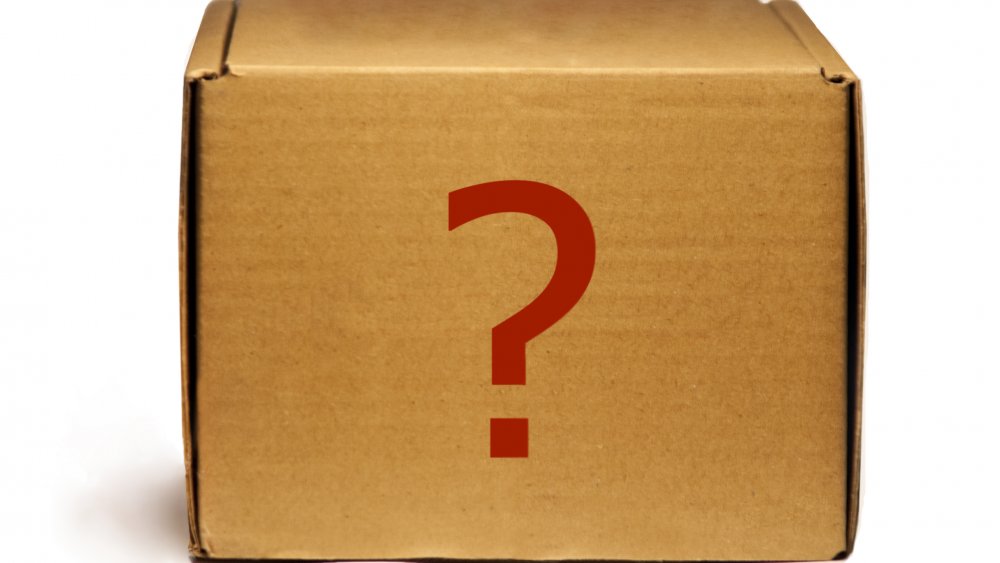Everything You Need To Know About The Mystery Seeds From China
This month, mysterious packages containing seeds have been appearing on doorsteps and in mailboxes across the country. In one of many sightings, WPXI met with Brenda Lynn of Jeannette, Pennsylvania: "The way I put it was, go figure because I'm always the one that ends up with things like this." One morning she found a package on her stoop. Its label declared that it contained jewelry from China.
Figuring that she had ordered and forgotten about a pair of earrings or something, she opened the package. She found no earrings, no somethings, no jewelry objects of any kind. All she found inside were seeds: "No instructions. Nothing. Just two packs of seeds and the address of course you can google but can't find anything."
Similar stories have been reported across the country. By July 29, CNN reported that all 50 states had issued some kind of warning about these seeds. According to the Canadian Food Inspection Agency, the packages had started appearing in Canada as well. The United States Department of Agriculture offered the same instructions to those who have received these packages:
- Contact your state plant regulatory official or APHIS state plant health director.
- Keep the packaging and mailing label intact.
- Don't open the packet of seeds or plant them.
- Don't discard them in the trash.
- Make sure personal information hasn't been compromised.
- Check the USDA and your state agencies for updates.
Don't be the overly happy person in the photo above, readying themselves to plant the seeds willy-nilly.
Brushing with infestation
The mystery behind the seeds has yet to be solved. However, the United States Department of Agriculture is working under the assumption that this is some kind of scam, not a Chinese attempt at long term botanical warfare. In a statement given on July 30, the USDA told the nation that "At this time, we don't have any evidence indicating this is something other than a "brushing scam" where people receive unsolicited items from a seller who then posts false customer reviews to boost sales."
The way a brushing scam works, according to the Identity Theft Resource Center, is that a seller has gained access to their victim's personal information, specifically their name and address, but potentially other bits as well. They then use that information to buy their own products that are shipped to the stolen address and write reviews, which don't actually have to correspond to the object "bought." The scammer may have simply had a lot of seeds on hand.
The USDA, as Russell Redding, Pennsylvania's Secretary of Agriculture, explained to WPXI, is more worried that "Planting seeds without knowing what they are can wreak havoc with our environment, destroy agricultural crops and incur costly control efforts for years to come."
If you find a strange packet of seeds appearing, you should contact your state's Agricultural Agency for further instruction — though putting it on a shelf and forgetting about it like most ordered goods is a strong start.

